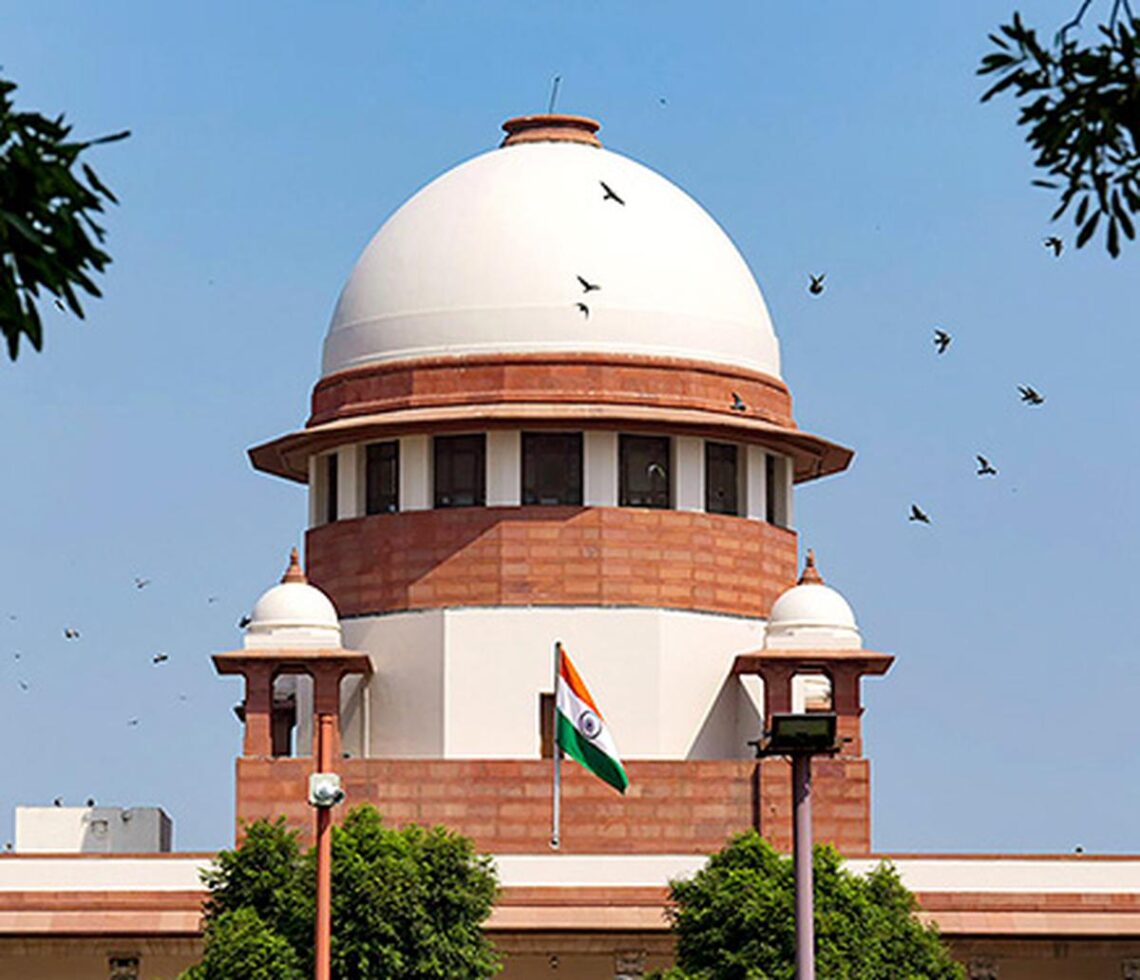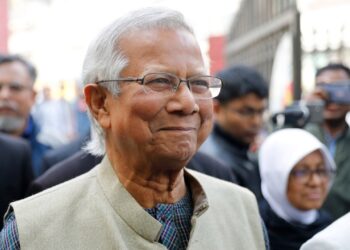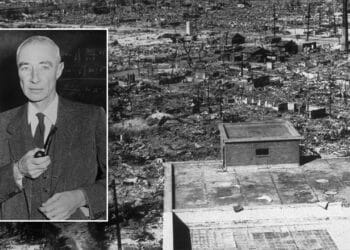[ad_1]
It justifies the ‘intelligible differentia’ between Scheduled Castes practising Hinduism, Sikhism, and Buddhism and those practising other religions
It justifies the ‘intelligible differentia’ between Scheduled Castes practising Hinduism, Sikhism, and Buddhism and those practising other religions
The affidavit filed by the Union government before the Supreme Court Bench hearing the case for the inclusion of Dalit Christians and Dalit Muslims on the list of Scheduled Castes contradicts itself at several junctures, leading to a lack of clarity on its arguments defending the current criteria for determining which communities can be classified as Scheduled Castes.
Among the arguments the government has put forward justifying the exclusion of Dalit Christians and Dalit Muslims from the list is one that alludes to the seemingly “foreign” origins of Islam and Christianity as opposed to Hinduism, Sikhism and Buddhism without directly saying so.
The government said in its affidavit, “It is submitted that the present is a case of classification between Indian citizens and foreigners which cannot be doubted on any count. It is well established that Article 14 forbids class legislation but does not forbid classification,” though the present case does not involve any foreign citizens as parties.
It added that the classification must be put to the “twin test of classification” as per which, “permissible classification must be founded on an intelligible differentia which distinguishes persons or things that are grouped together from others left out of the group, and the differentia must have a rational relation to the object sought to be achieved by the statute in question”.
In the affidavit filed through the Ministry of Social Justice and Empowerment in October, the government justified the “intelligible differentia” between Scheduled Castes practising Hinduism, Sikhism, and Buddhism and Scheduled Castes practising other religions by saying, “It is submitted that there exists a clear intelligible differentia between local contributions to the sector and foreign contributions,” possibly pointing to the argument that Christianity and Islam are not Indic religions and that there were foreign contributions to the creation of Christian and Muslim populations in India.
It said, “Scheduled Castes converts to Buddhism embraced Buddhism voluntarily at the call of Dr. Ambedkar in 1956 on account of some innate socio political imperatives. The original castes/community of such converts can clearly be determined. This cannot be said in respect of Christians and Muslims who might have converted on account of other factors, since the process of conversions has been taken place over the centuries.”
Further, it argued that the objective of reservation and identification of Scheduled Castes is “over and beyond” the social and economic backwardness. It said, “The identification of Scheduled Castes is centred around a specific social stigma [and the connected backwardness with such stigma] that is limited to the communities identified in the Constitution (Scheduled Castes) Order, 1950.”
Editorial | Status beyond faith: On SC status post conversion
The government filed the 70-page affidavit in response to a batch of petitions arguing that the exclusion of Christian and Muslim Dalits from the list of Scheduled Castes was discriminatory. Currently, only Dalits of Hindu, Sikh and Buddhist faiths can be categorised as SCs.
The contradictions
As for contradictions, the affidavit, defending the exclusion, in paragraph 31 said, “…The exclusion of Christianity or Islam was due to the reason that the oppressive system of untouchability which leads to economic and social backwardness of some Hindu castes was not prevalent in Christian or Islamic Society.”
In the very next sentence, the government said, “There is authentic data to suggest that the oppressive environment which existed in Hindu Society for hundreds of years qua Scheduled Castes also existed in Christian or Islamic Society.”
Moreover, at one point, the government said, “There is also no documented research and precise authenticated information available” to establish that disabilities and handicaps faced by Dalits in the social order of origin (Hinduism) persisted in “oppressive severity in the environment of Christianity/Islam”.
However, in the next page, it said the exclusion of Christianity and Islam from the list was “based on historical data which clearly established that no such backwardness or oppression was ever faced by members of Christian or Islamic Society”.
Three-member panel
Despite this position taken in its affidavit, the government submitted that it has set up a three-member Commission of Inquiry, headed by former Chief Justice of India K.G. Balakrishnan, to look into the “seminal and historically complex sociological and constitutional question” of whether Dalit Christians and Dalit Muslims can be included in the SC list.
However, it has maintained that the commission must, over the next two years, find out whether an “intelligible differentia” exists between Dalits practising Hinduism, Sikhism and Buddhism and those that converted to Islam, Christianity and other religions. It said the limited question that the commission must look into is “whether the oppressive severity of backwardness remain the same or not, and till the time the same is established, it cannot be said that the impugned classification is discriminatory”.
[ad_2]












